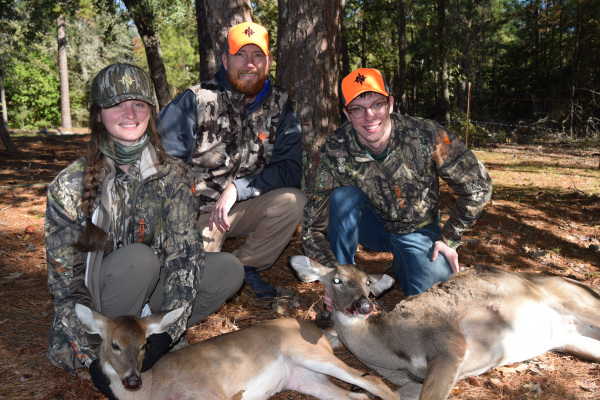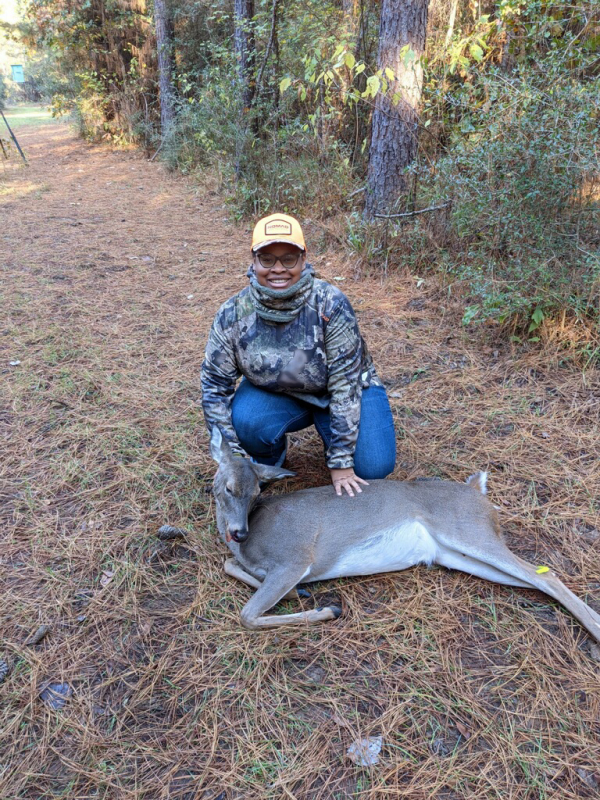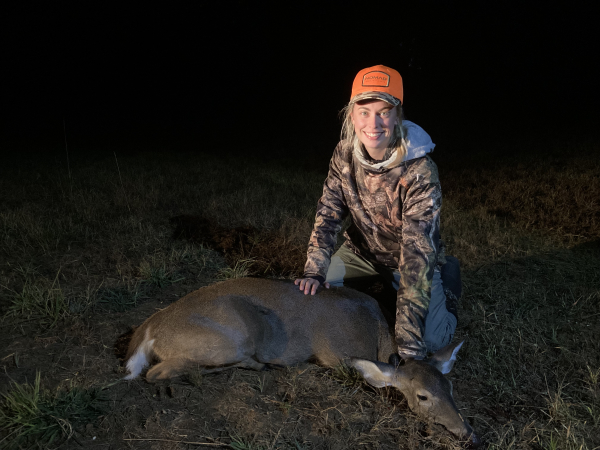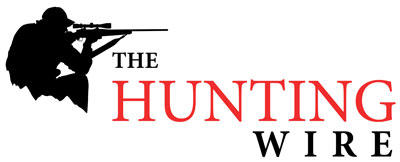Using Collegiate Hunting to Develop Wildlife Policy Leaders
By Bret Collier
Associate Professor
Louisiana State University
School of Renewable Natural Resources
“Educating from a tree stand”

This weekend I will be taking my daughter deer hunting with me on our family farm. Growing up in a house with a father who is a wildlife biologist and a mother who is an oceanographer, the kiddo is no stranger to nature and the peculiarities of those of us that study it. She swims like a fish, will be scuba certified in a year or 2, has helped me clean deer and ducks in the driveway since the time she could walk, and her favorite meal is nilgai burgers on the grill. But this weekend is different, as it will be the first time that she has gone with me on a deer hunt. Now, all the preparation and education that she has gotten from me during her formative years will hopefully surface as we sit side by side in the stand.
Now, to many of you, my daughter hunting with me is likely not a surprising turn of events. She was born into a family where her father hunts, and has always hunted, on the family’s land. Thus, my taking her hunting is simply adding another link to the long chain of a family that has enjoyed hunting on our land. I am admittedly fortunate, as are many of you, as I have had the opportunity and interest to engage the kiddo in shooting sports and hunting at an early age. The reason I bring up the upcoming hunt with the kiddo is that we may see a deer and we may not, but none of that matters as it is the education kiddo will get from a morning in a tree stand that is what’s important.

Wildlife knowledge comes in many forms, and every deer hunter I know has a story about the big one they heard crashing through the brush behind them, only to spin around and see the deer season arch nemesis, a squirrel, making a ruckus in the leaves. I also know that every deer hunter has a story about how silent and still the woods were one morning, and how they looked over and a deer had materialized, silent and stealthy, as it moved through the hardwoods and pines. On my farm during deer season, we look for horizontal in a vertical world, and if you hear it, assume its not a deer–wisdom learned and passed down to each generation during trips to the tree stand.
The larger question the wildlife recreation and conservation community faces only differs in scale from my weekend plans–how do we get more individuals educated from a tree stand? Foundationally, recruitment of new hunters has long rested on experienced hunters who introduce hunting to the next generation. However, that model has struggled due to a myriad of causes ranging from societal shifts in interest to land access and opportunity. The larger question is, however, who should be responsible for the education and recruitment of new hunters and why? Engaging new hunters, or the process of taking someone hunting the first time, is simple to implement on a practical level–all it takes is time, money and a location to hunt. However, when turning new hunters into hunters, the devil is in the details as proponents of various R3 (recruitment, retention, reactivation) programs have found that social support is one of the primary drivers for retention of hunters who have recently entered the sport, yet few programs provide any social support after the first hunting event. Thus, after the euphoria of the first hunt is over, what mechanisms are in place to ensure that the cohort of newly introduced individuals are supported moving forward as hunters and (hopefully) taking the reins to introduce others in the future.

One of the recent focuses of the LSU Collegiate Hunting Program is to bridge the gap between creation of hunters by providing a initial opportunity, to retaining hunters by developing a support system for each academic cohort. What better group to share a lifelong set of hunting experiences with than friends and colleagues that went through the same wildlife ecology curriculum, experienced the same educational and hunting opportunities, and will transition into the wildlife management and conservation field together? Each cohort of wildlife conservation scholars, linked together by their education and time spent hunting together provides an immediate social support group no different from any other social group on a university campus–only this one has its foundation based on Fair Chase and the North American Model of Wildlife Conservation.
The formation of peer-groups and social connections during college has provided me with the social group that I have hunted with for over 20 years. Circling back to my weekend deer hunt with the kiddo, the social support system to keep her engaged in hunting rests not just with me but starting this weekend will also rest with my friends who will be at deer camp as she will be the newest member of our group. The development of these social groups and the exchange of ideas, information, and experiences is part of the education that we here at LSU are trying to pass down as part of our Collegiate Hunting Program as we continue to educate students from the tree stand.
More of the story to follow in the next installment of Conservation Pillars.
You can contact Dr. Bret Collier (bret@lsu.edu) or follow him online at:
Twitter: @drshortspur
Instagram: @drshortspur
